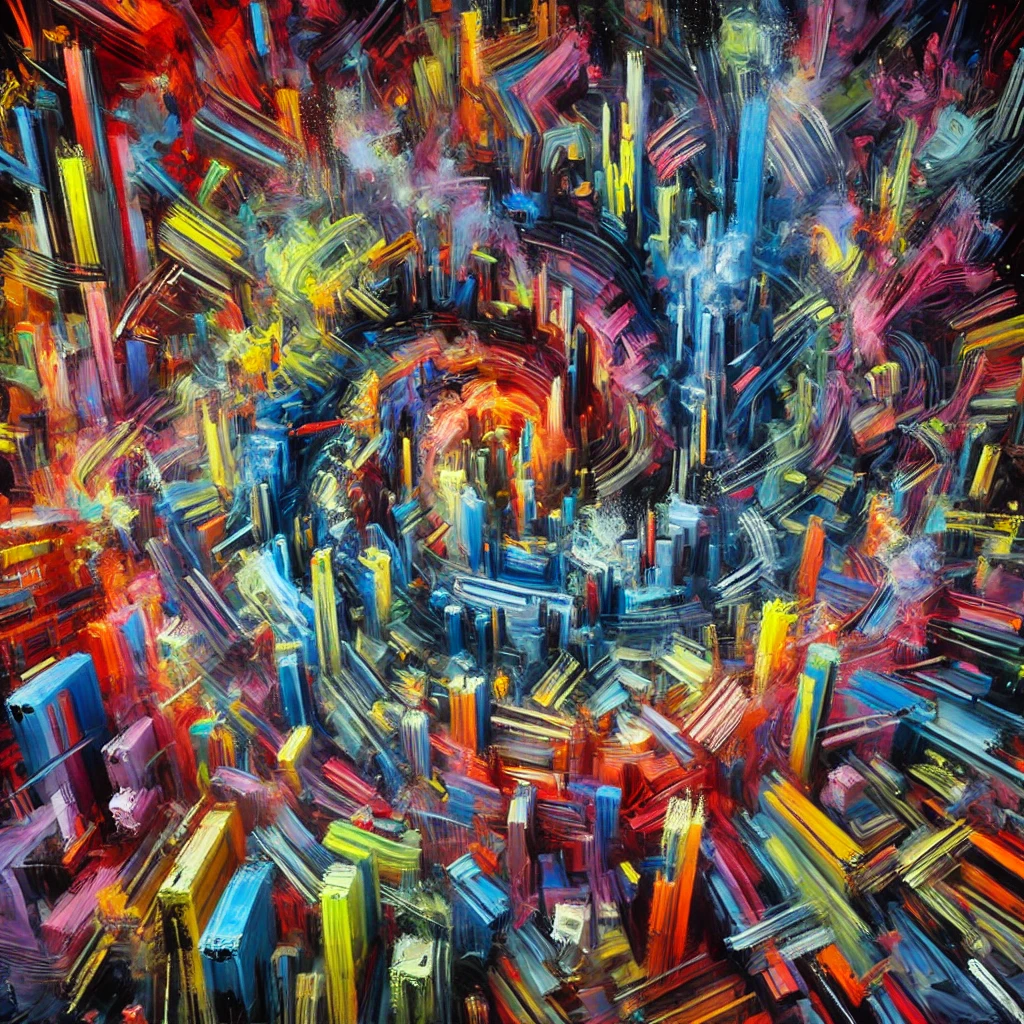propaganda and attention pollution
Advertising is an assault on our attention.
What's the difference between propaganda and advertisement? The only nominal difference is their target—political power vs commercial gain. But in practice, the tools, tactics, and psychological impacts are almost identical.
Their similarities outnumber their differences. Their methods and motives are nearly indistinguishable. The lines between persuasion and manipulation are blurred while the goals are brutally selfish: to convince an audience to purchase a product or a worldview.
Whether it's associating beautiful people with beer or a popular pharmaceutical drug with a happy family, advertisers know that the human brain has both conscious and unconscious layers of processing. The brain beyond our prefrontal cortex is easily accessed through images and emotion. Whether the product is logically good for you? Irrelevant. The trick to getting someone to buy something is by making them feel good about it. It's about creating a sense of lack and a corollary desire to fill it.
Advertisers and mega corps will defend their position vehemently: our advertisements are helping people all over the world find what they need. Without ads, how would people discover products that improve their lives?
The arguments in defense of advertising are frail at best, alongside thinly veiled motives for gain. Broadcasting one's value proposition to the world, some form of controlled marketing, has been with us for millennia. Think of bazaars and street markets with people shouting for your attention and calling you to come into their shop.
Here's what I'm getting at: sharing our offerings is natural, and "advertising" is here to stay. But the modern ad industry is out of control. There is no place of respite from these hecklers demanding you buy their products. Gone are the days when you chose to enter the marketplace—when the noise was contained and expected. Now the market has invaded every moment of your life—with a phone in your pocket, advertisers can sell to you wherever you are. Worse yet, they're listening and targeting ads to you.
Nowhere is safe: not home, not the café, not even a casual walk with your dog. The advertisers are omnipresent.
And here's the real dark kicker: the social media machine has slowly convinced us, through both social and economic incentives, that we too must be advertisers: of our lives, of our work, of everything. We must broadcast to survive, and it seems like everyone online is bought into the new American dream of becoming a multi-millionaire or billionaire through hustle culture.
Why do we tolerate a world where everyone is selling something to us? It's out of control.
I don't know how in the world we dismantle an economic system where so much wealth is generated from assaulting people's attention. But I do know that we have the right to be ad-free in our lives. We deserve spaces where our attention is ours alone. No billboards, no bouncing buttons on screens, no planes dragging giant logos.
It is our right to live in a world without attention pollution. Just like air or noise pollution, attention pollution degrades the quality of our environment. It clouds our thoughts, disrupts our focus, and makes inner stillness harder to find.
Advertising will not go away. But we can create dedicated spaces for it. We can create opt-in environments where people choose whether or not to be advertised to. Just like a bazaar or a local market, we can have physical places where advertisers can go wild. We're all for that.
I’m not saying ads should disappear—I’m saying they need boundaries. Get off our phones. Stay out of our homes. Let us choose when we’re open to listening.
I get it: this all sounds harsh. It's meant to make a point: we are silently tolerating a world where our precious mental energy is constantly, unconsciously sapped by micro-decisions and mental noise advertisers bombard us with—without consent.
We don’t just live in a market economy—we live in a propaganda economy. The question is: how long will we allow it?
